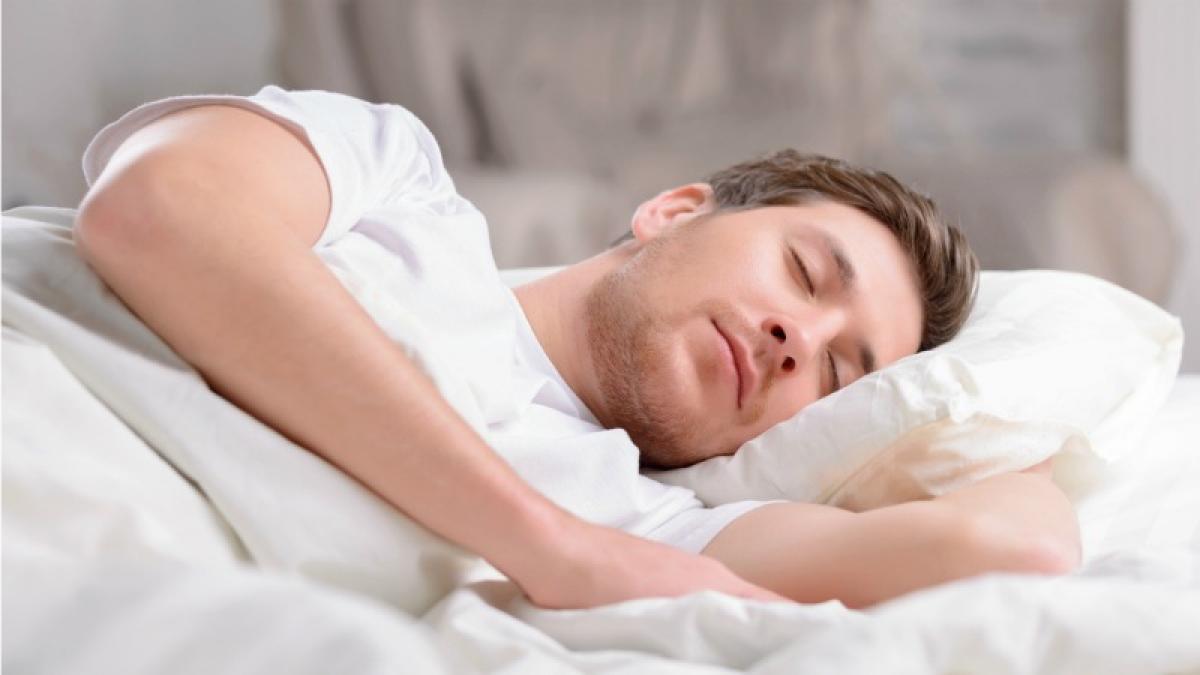Live
- Tight security arrangements at Group-II examination centers District SP
- Alia Bhatt captures attention in white
- Varun Dhawan talks about ‘Baby John’
- ‘Moonwalk’ trailer promises a quirky heist, love, and loyalty
- Combat leaf spot disease
- Ahsaas Channaopens up about her complex character in ‘Mismatched 3’
- Radhika Apte welcomes first child, shares heartfelt post
- Jacqueline dazzles at Da-Bangg Reloaded concert
- Time to boost measures to prevent drowning, save children: WHO
- TDP achieves milestone with 73 lakhs membership registration, says Chandrababu
Just In

Marmorstein examined the associations between alcohol use and four sleep-related issues: initial insomnia; daytime sleepiness; sleep irregularity, defined as the difference in weekday and weekend bedtimes; and disturbed sleep, characterized as nightmares, snoring, sleepwalking, wetting the bed, and talking in sleep.
It may be considered as one of the most common "sleep aids" people employ to help them drift off at night, but according to a recent study, alcohol can actually be a roadblock to good sleep in teenagers.
The Rutgers University-Camden research linked insomnia to frequency of alcohol use among early adolescents. "Parents, educators, and therapists should consider insomnia to be a risk marker for alcohol use, and alcohol use a risk marker for insomnia, among early adolescents," wrote researcher Naomi Marmorstein.
Marmorstein examined the associations between alcohol use and four sleep-related issues: initial insomnia; daytime sleepiness; sleep irregularity, defined as the difference in weekday and weekend bedtimes; and disturbed sleep, characterized as nightmares, snoring, sleepwalking, wetting the bed, and talking in sleep.
When sleep problems were found to be associated with frequency of alcohol use, she examined whether symptoms of mental health problems or levels of parental monitoring accounted for these associations. The research focused on seventh- and eighth-grade students participating in the Camden Youth Development Study, an initiative funded by the National Institute on Drug Abuse at the National Institutes of Health. The study examines the development of mental health problems and resilience among at-risk youth.
Youth completed questionnaires in the classroom that asked how long it took for them to fall asleep, what times they usually went to bed on a weekday and on the weekend or vacation night, how often they experienced sleep disturbances, and whether they ever fell asleep in class or had trouble staying awake after school. They were also asked the frequency of any alcohol use in the previous four months. In addition, students answered questions which were used to assess depressive symptoms, as well as evidence of conduct disorder symptoms.
Teachers also completed questionnaires, which were analyzed to determine the presence of attention-deficit hyperactivity disorder symptoms. Overall, there were associations between alcohol and both insomnia and daytime sleepiness. Importantly, Marmorstein determined that symptoms of mental health problems and parental monitoring did not account for the link between insomnia and alcohol use.
She said that these findings indicate that insomnia may be a unique risk marker for alcohol use among young adolescents.
The study is published recently in the journal Addictive Behaviors.

© 2024 Hyderabad Media House Limited/The Hans India. All rights reserved. Powered by hocalwire.com







